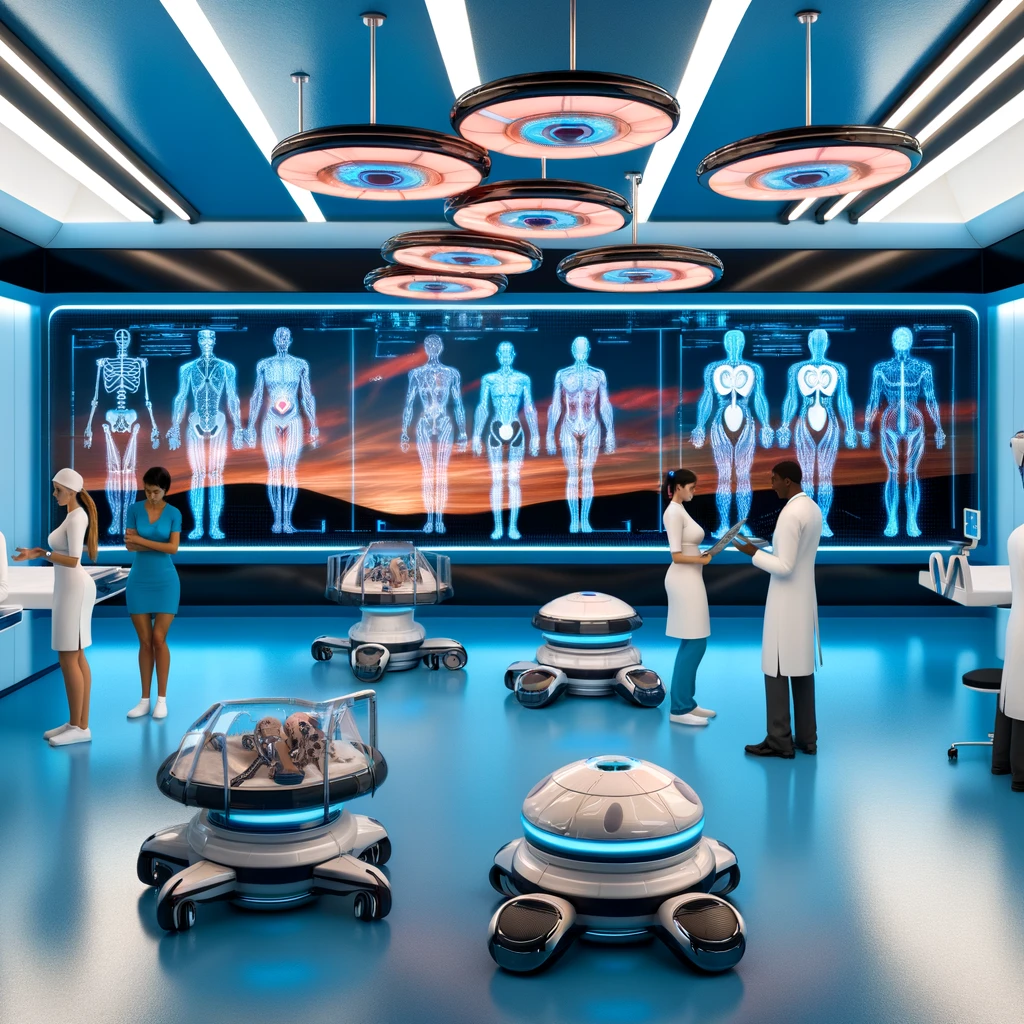
The Evolving Landscape of Cancer Treatment
Cancer treatment has witnessed a revolutionary transformation over the past few decades. With the advent of new technologies and innovative research, the approach to cancer care has become more personalized and effective. In this article, we will explore the current trends in cancer treatment and how they are reshaping the landscape of oncology.
Understanding the Fundamentals of Cancer
Cancer is a complex disease characterized by the uncontrolled growth of abnormal cells in the body. Traditionally, treatment options were limited to surgery, chemotherapy, and radiation therapy. However, these methods often come with significant side effects and varying degrees of effectiveness.
Advancements in Cancer Treatment
Immunotherapy
One of the most exciting developments in cancer treatment is immunotherapy. This approach leverages the body's immune system to fight cancer cells. It includes treatments like checkpoint inhibitors and CAR T-cell therapy, which have shown promising results in treating certain types of cancers.
Targeted Therapy
Targeted therapy is another game-changer in oncology. It involves drugs that specifically target cancer cells' molecular markers, resulting in less damage to healthy cells. This precision medicine approach has improved outcomes for patients with cancers that possess specific genetic mutations.
Precision Medicine
Precision medicine tailors treatment plans based on the genetic profile of both the patient and the tumor. By understanding the unique characteristics of a patient's cancer, doctors can choose therapies that are more likely to be effective, minimizing unnecessary treatments.
Gene Editing
Gene editing technologies, such as CRISPR, hold promise for directly altering cancer cells to inhibit their growth or enhance the immune response. While still in the experimental stage, these technologies offer a glimpse into the future of cancer treatment.
The Role of Technology in Cancer Treatment
Technology plays a crucial role in the evolution of cancer treatment. Advanced imaging techniques, artificial intelligence, and data analytics are helping oncologists diagnose cancer earlier and customize treatment plans more effectively.
Challenges and Considerations
Despite these advancements, challenges remain in making cutting-edge treatments accessible to all patients. The high cost of new therapies and the need for specialized healthcare infrastructure pose significant barriers.
Conclusion
The field of oncology is rapidly evolving, driven by scientific breakthroughs and technological innovations. As new treatments emerge, they bring hope for better outcomes and improved quality of life for cancer patients. Continued research and collaboration among scientists, healthcare providers, and policymakers are essential to ensure these advancements benefit everyone in need.
Related Articles





